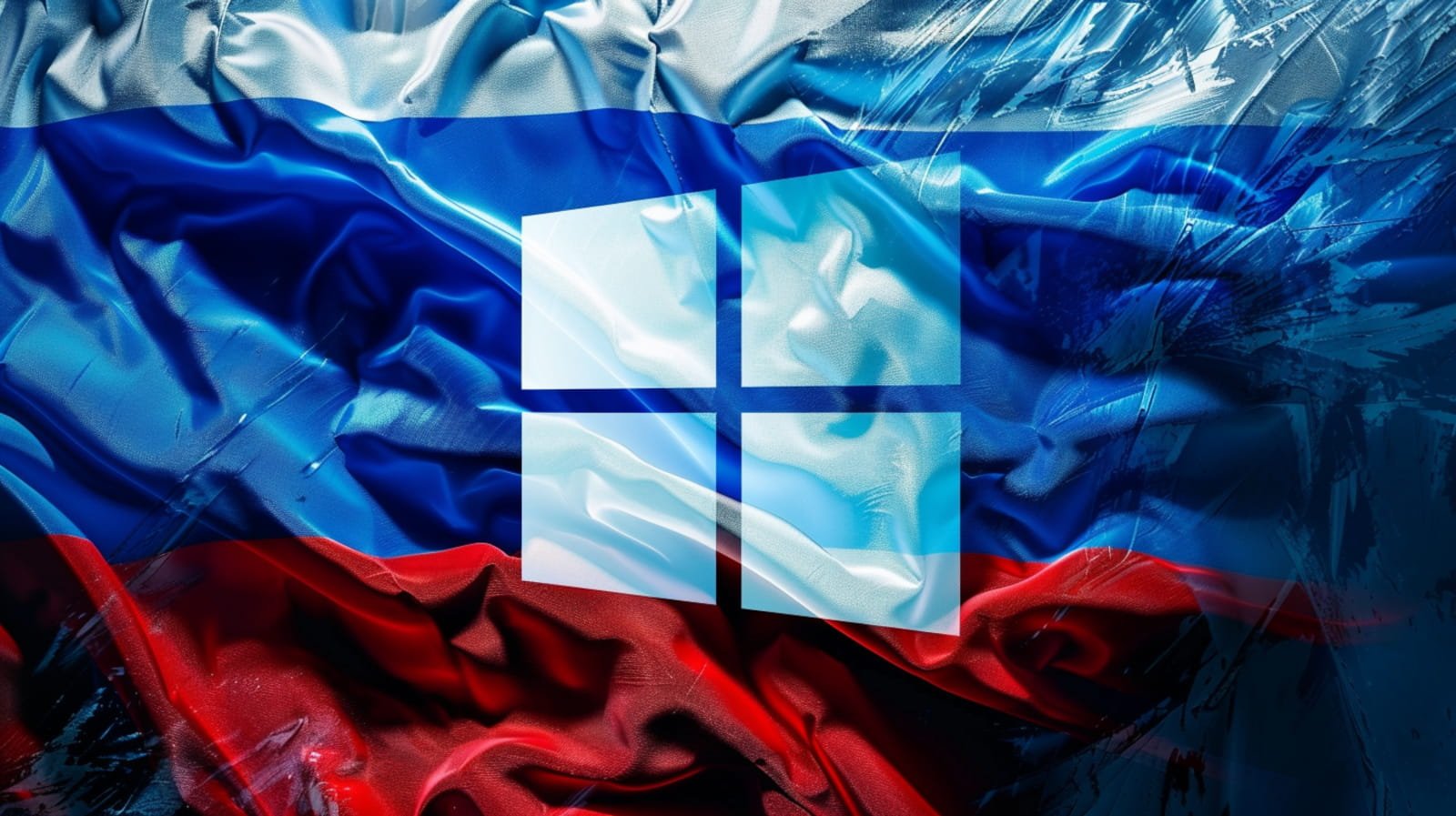
March 23, 2024 at 01:06PM
Microsoft plans to limit access to over fifty cloud products for Russian organizations by the end of March, in compliance with EU sanctions. The suspension was initially set for March 20, 2024, but was postponed to month-end. Softline Group of Companies first reported the impending suspensions and highlighted possible functional limitations. This move is expected to push Russian consumers and businesses towards locally developed alternatives.
Based on the meeting notes, the key takeaways are:
– Microsoft plans to limit access to over fifty cloud products for Russian organizations by the end of March as part of the sanctions requirements against the country issued by EU regulators last December.
– The suspension was initially scheduled for March 20, 2024, but it was moved to the end of the month to give impacted entities more time to set up alternative solutions.
– Softline Group of Companies, one of Russia’s largest remaining IT service providers, confirmed the receipt of official information from Microsoft and Amazon about the suspension of access to cloud products in Russia from March 20, 2024.
– Russian companies and organizations engaging in architecture, design, construction, manufacturing, media, education and entertainment, building information modeling (BIM), computer-aided design (CAD), and computer-aided manufacturing (CAM) will be impacted by the invalidation of licenses.
– Some of the most important products that will have their license keys invalidated include Microsoft Azure, Dynamics 365, Microsoft Teams, Power BI, SQL Server, Visual Studio, Power Automate, SharePoint, Intune, Dynamics AX/NAV, Microsoft 365, OneDrive, Excel, LinkedIn-related software, and the Media Player development kits.
– No plans to restrict access to individuals were announced, so the mentioned products are assumed to remain available to regular users.
– Microsoft has not responded to inquiries regarding the suspensions.
– Amazon, Google, and Oracle cloud services may also be subject to similar restrictions as part of the same package of sanctions (2023/2873).
– This recent move is anticipated to further steer Russian consumers and businesses towards embracing locally developed alternatives, replacing Western-made products, aligning with the Russian government’s efforts to promote domestic solutions.